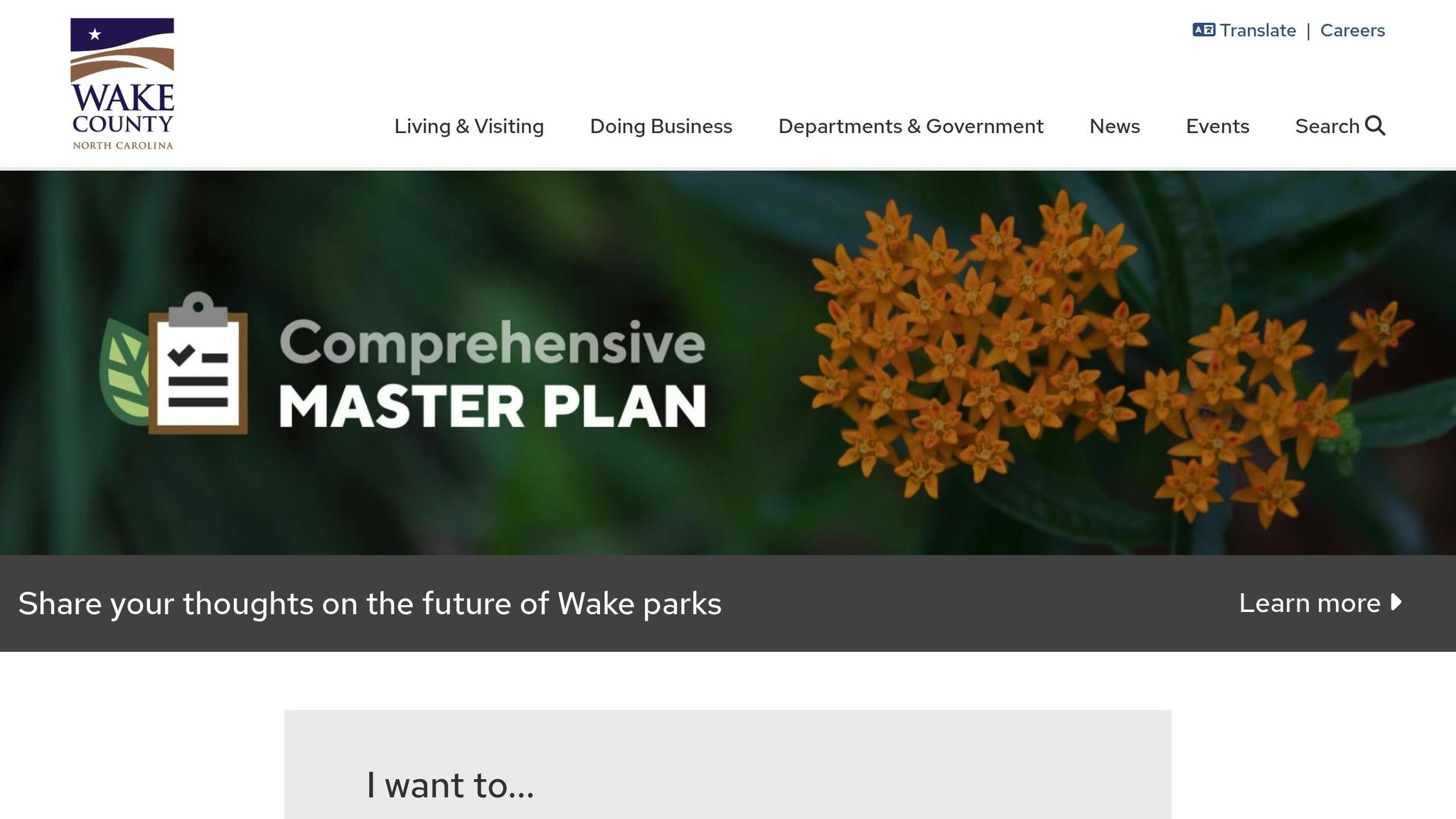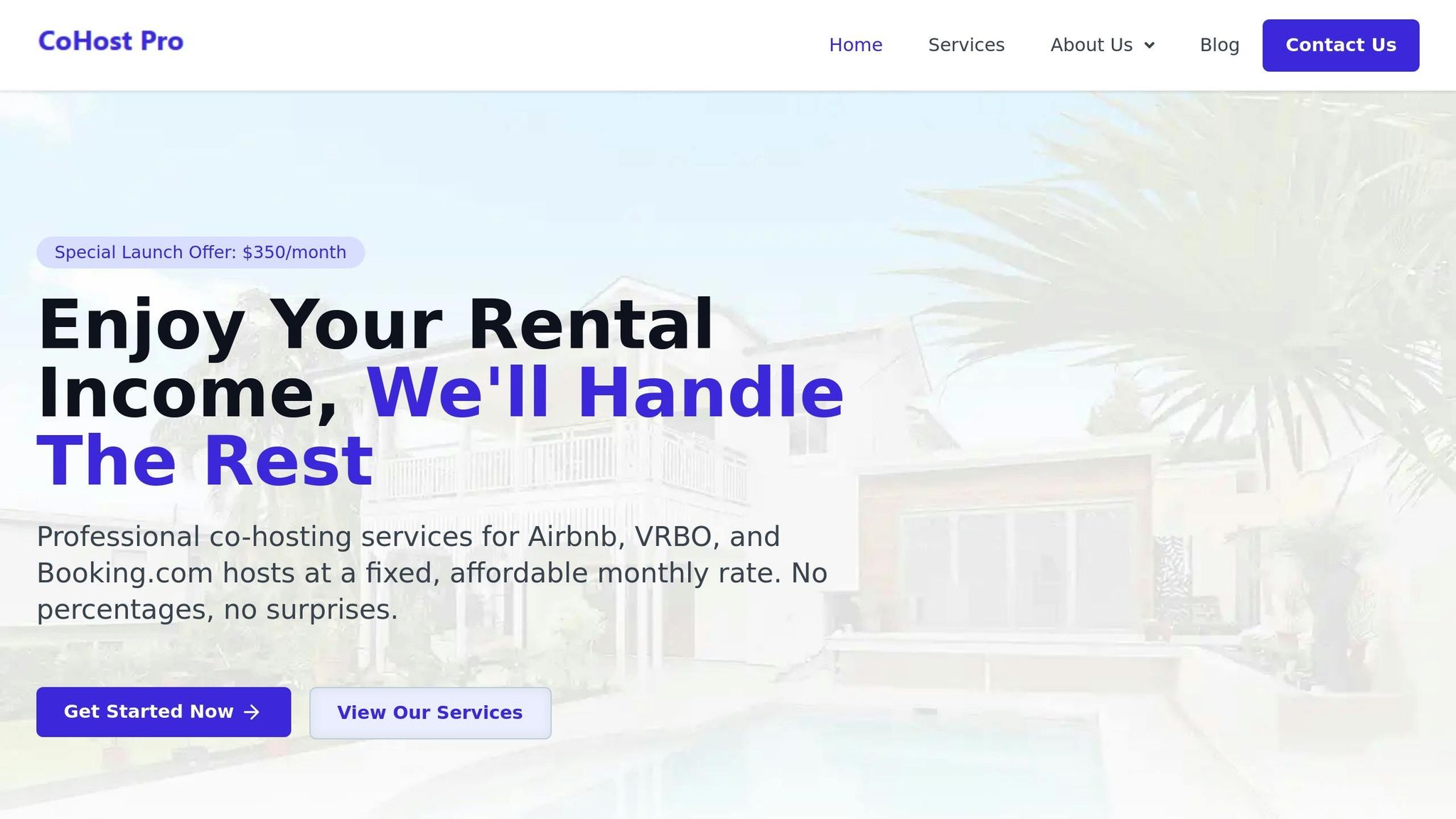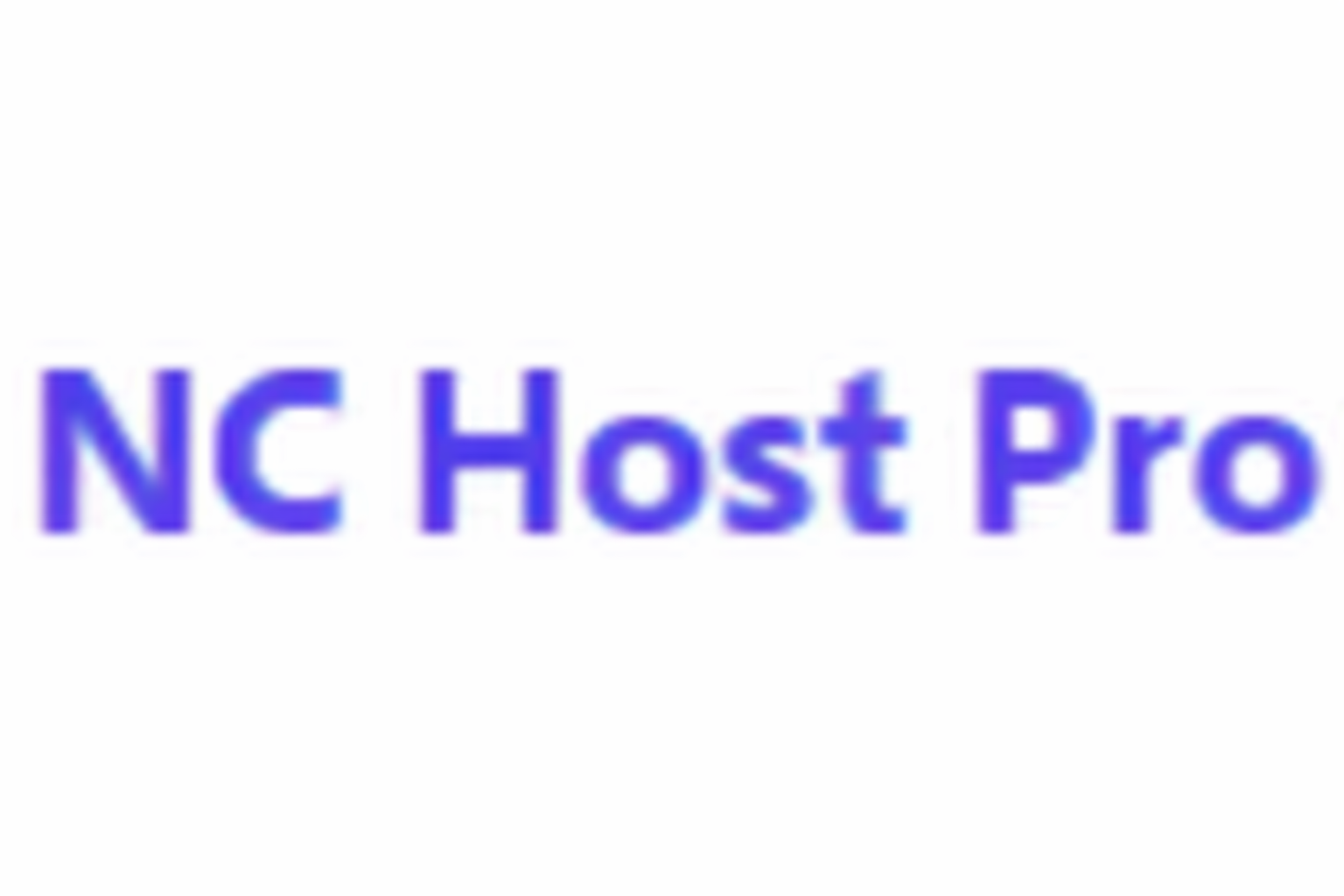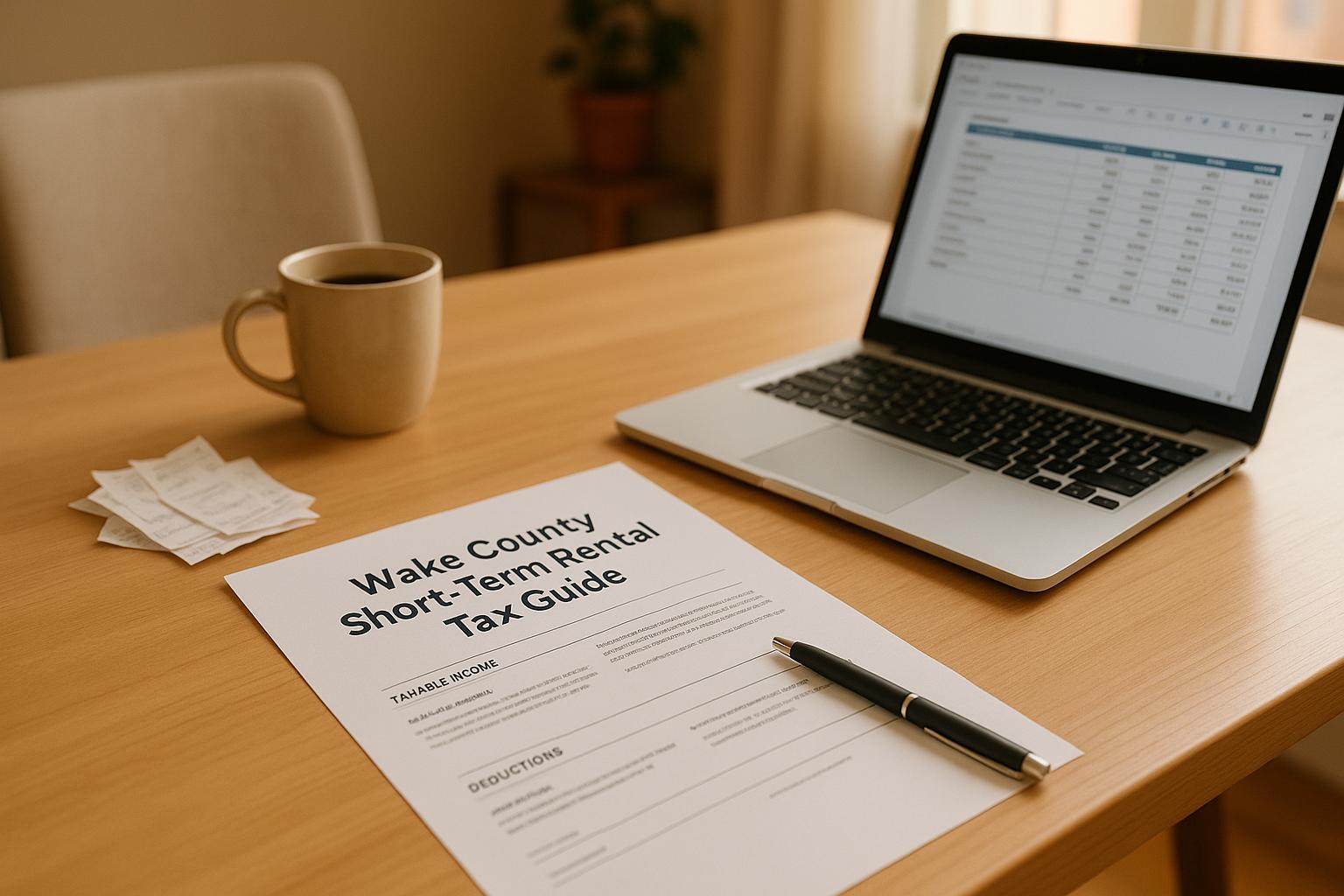If you own a short-term rental in Wake County, here’s what you need to know to stay tax-compliant and protect your earnings:
- Taxes You Need to Pay: Short-term rentals are subject to a 12.75% total tax rate:
- 6% Room Occupancy Tax (Wake County)
- 4.75% State Sales Tax
- 2% Local Sales Tax
- Filing Deadlines: Taxes are typically reported monthly by the 20th of the following month, even if you owe no taxes (Zero Due Returns).
- Extra Steps for Raleigh Properties: If your rental is in Raleigh, you need an $86 annual zoning permit.
- Important Exemptions: If you rent for 14 days or fewer per year, your income may be tax-free, but you can’t deduct expenses.
- Record-Keeping: Track all income, expenses, and tax filings carefully to maximize deductions and avoid penalties.
- Platform Taxes: Airbnb and VRBO may collect some taxes for you, but you’re still responsible for ensuring compliance.
Quick Tip: Missing deadlines or failing to file can lead to penalties. Stay organized and consider professional help if needed.
This guide simplifies Wake County’s short-term rental tax rules so you can focus on running your rental business while staying compliant.
What Taxes Do Short Term Rentals Pay? – CountyOffice.org
Required Tax Obligations for Short-Term Rental Owners in Wake County

If you own a short-term rental property in Wake County, you’re responsible for handling three main types of taxes: state sales tax, local taxes, and income tax reporting. Each comes with its own rates, procedures, and filing obligations, so understanding them is key to staying on the right side of the law.
State Sales Tax Requirements
In North Carolina, short-term rental income is subject to a 4.75% state sales tax. This applies to all accommodations rented for fewer than 90 consecutive days, which covers most bookings made through platforms like Airbnb or VRBO.
What counts as taxable income? It includes the nightly rate, facilitation fees, cleaning charges, and service fees. To comply, you need to register with the North Carolina Department of Revenue and obtain a Sales and Use Tax Certificate of Registration. Once registered, you’ll collect the 4.75% state sales tax from your guests and remit it to the state.
There’s one potential exception: if you rent out your property for fewer than 15 days in a year, you might qualify for an exemption.
Next, let’s dive into the additional taxes Wake County imposes on short-term rentals.
Wake County Local Sales and Occupancy Taxes
Wake County adds two extra layers of taxes on top of the state sales tax. These include a 2% local sales tax and a 6% Room Occupancy Tax, both of which apply to your rental’s gross receipts.
The Room Occupancy Tax is specifically aimed at lodging accommodations, which means it applies to short-term rentals booked through platforms like Airbnb and VRBO. According to the law, it covers "any room, lodging, or accommodation furnished by a hotel, motel, inn, or similar place" [2].
When combined, the total tax rate your guests pay is 12.75%:
- 6.75% sales tax (4.75% state + 2% local)
- 6% occupancy tax
The revenue from the Room Occupancy Tax is allocated to tourism-related projects and initiatives in Wake County. Importantly, both local taxes are remitted to the North Carolina Department of Revenue, which then distributes the funds to the appropriate local jurisdictions.
| Tax Type | Rate | Purpose |
|---|---|---|
| State Sales Tax | 4.75% | General state revenue |
| Local Sales Tax | 2% | Local government funding |
| Room Occupancy Tax | 6% | Tourism projects and programs |
Now, let’s look at how to report this income on your federal and state tax returns.
Federal and State Income Tax Reporting
Accurately reporting your rental income is just as important as collecting taxes. For federal purposes, you’ll need to report rental income on Schedule E (Form 1040/1040-SR).
North Carolina also taxes your net rental income – after deducting eligible expenses – at a flat rate of 4.4%. If you rent your property for fewer than 15 days in a year, the income is generally exempt from income tax under the 14-day rule. However, this exemption only applies to income tax; you may still need to collect sales and occupancy taxes depending on the booking platform.
For rentals exceeding 14 days annually, you’ll need to determine whether your activity qualifies as active or passive business income, as this classification impacts your deductions and tax treatment. Most short-term rental owners fall under the active category if they provide significant services like cleaning, guest communication, or other hospitality-related tasks.
To reduce your taxable income, keep thorough records of all rental-related expenses. This includes receipts for maintenance, cleaning supplies, platform fees, and professional services. Proper documentation ensures you can maximize deductions and minimize your tax liability.
Lastly, if more than 28% of your total income comes from Airbnb rentals, the platform will require you to submit a W-9 form. Failing to do so means Airbnb will withhold 28% of your rental income for taxes, creating potential cash flow issues and complicating your tax planning. Stay ahead by submitting the required forms and planning your finances carefully.
Tax Filing and Compliance Best Practices
Navigating Wake County’s short-term rental tax rules requires a solid grasp of filing deadlines, record-keeping essentials, and managing taxes for both platform and direct bookings. Missing deadlines or neglecting proper documentation can lead to penalties, so staying organized is key.
Filing Deadlines and Frequency
How often you need to file – monthly or quarterly – depends on your total tax liability. This determines when you must pay the 4.75% state sales tax and the 2% local sales tax collected from your guests.
- Monthly filers: Returns and payments are due by the 20th of each month for the prior month’s activity.
- Quarterly filers: Deadlines fall on the last day of January, April, July, and October for the previous three months.
The Wake County 6% room occupancy tax has its own schedule. It must be paid monthly, regardless of whether you file sales tax returns monthly or quarterly. Payments for this tax go directly to the Wake County Department of Tax Administration.
Here’s a quick reference for the filing deadlines:
| Filing Type | Frequency | Due Date |
|---|---|---|
| State & Local Sales Tax (Monthly) | Monthly | 20th day of each month |
| State & Local Sales Tax (Quarterly) | Quarterly | Last day of Jan, Apr, Jul, Oct |
| Wake County Room Occupancy Tax | Monthly | Paid monthly to Wake County |
To avoid penalties and interest charges, make note of these deadlines and set reminders to ensure timely payments. Keeping your records organized will also make tax preparation much easier.
Record Keeping for Short-Term Rentals
Accurate record-keeping is critical for supporting deductions and staying audit-ready. You’ll need to document income and expenses thoroughly, with proper receipts and records for every transaction.
For income records, track all rental payments, including nightly rates, cleaning fees, and any additional charges. Save booking confirmations, payment receipts, and platform statements to reconcile your earnings with what you report to tax authorities.
Expense tracking is just as important. Many business-related costs can be deducted to lower your taxable income. Common deductible expenses include:
- Mortgage interest and property taxes
- Insurance and utilities
- Repairs, maintenance, and supplies
- Advertising costs and platform fees
- Depreciation on the rental property
Make sure to save receipts for every expense, no matter how small, and organize them by category and month. This will simplify your tax filing process. Consulting a tax professional is highly recommended to ensure you’re taking full advantage of eligible deductions and meeting IRS and state requirements.
Platform-Collected Taxes
Even when platforms like Airbnb or VRBO collect taxes on your behalf, you’re still responsible for understanding and managing your overall tax obligations.
In North Carolina, marketplace facilitators that exceed $100,000 in sales or 200 transactions annually must collect and remit sales tax for hosts. When platforms handle tax collection, guests pay the full 12.75% tax rate (6.75% sales tax and 6% occupancy tax) directly through the booking platform.
However, platform tax collection doesn’t cover all situations. If you take direct bookings – whether through your website, email, or phone – you’re responsible for collecting and remitting all applicable taxes yourself. This makes it crucial to stay on top of your compliance role, even if platforms assist with some transactions.
Reconcile your records regularly. Download monthly statements from each platform that show bookings, fees, and tax collections. Compare these with your own booking logs to ensure everything aligns. Any discrepancies, such as missing bookings or incorrect tax rates, should be addressed immediately.
If all your rentals are handled through platforms that collect and remit taxes, you may not need to register with the state or file lodging tax returns. Still, it’s important to maintain detailed records and verify that platforms are correctly managing taxes for your Wake County property. Being proactive can help you avoid costly mistakes and ensure smooth compliance.
sbb-itb-f40617d
Special Tax Rules for Short-Term Rental Owners
If you own a short-term rental property in Wake County, there are specific tax rules that could work in your favor. These rules differ from those for traditional rental properties and can significantly influence your tax liabilities and savings. However, they come with strict conditions that must be followed to the letter.
14-Day Rule for Short-Term Rentals
The 14-day rule is a standout provision for short-term rental owners. It allows you to rent out your property for up to 14 days per year without having to report the income to the IRS. But there’s a catch: you also can’t deduct any expenses related to the rental. For example, costs like mortgage interest, property taxes, repairs, or cleaning fees won’t be deductible under this rule.
So, if you rent your home for 14 days or less, you won’t owe vacation rental taxes – but you’ll also miss out on claiming any rental-related deductions. Interestingly, only about 2–5% of tax returns make use of this rule. For most owners, renting for more than 14 days and claiming deductions offers greater financial benefits.
To qualify for the 14-day exemption, you must strictly limit your rental days to 14 or fewer. Even one extra day of rental will void the exemption, requiring you to report all rental income for the year. Detailed record-keeping is essential to ensure you stay within this limit.
For owners who rent out their primary residence, the tax rules take a different turn.
Owner-Occupied Property Tax Rules
If you rent out a property that you also live in, the IRS applies a separate set of rules based on how much the property is used for personal versus rental purposes.
Here’s how it works: if you use your property for personal purposes for more than the greater of 14 days or 10% of the total days it’s rented at fair market value, the IRS classifies it as a residence. This classification impacts how expenses are allocated between personal and rental use.
For instance, let’s say you rent your Wake County home for 100 days and personally use it for 50 days. In this case, you can only deduct two-thirds of your eligible rental expenses. This proportional split applies to major expense categories like mortgage interest, property taxes, insurance, utilities, and maintenance costs.
There’s another tax advantage for owner-occupied properties: if you live in the property for at least 14 days during the year, you can rent it out for up to 14 days tax-free. This way, you can combine the benefits of the 14-day rule with owner occupancy.
To stay compliant, it’s crucial to keep accurate logs of personal and rental days. The IRS may scrutinize your records if they question how you’ve calculated personal use. By limiting personal use to 14 days or fewer, you can avoid having the property classified as a residence, which helps maximize your business deductions and avoid restrictions tied to personal use.
Professional Support for Tax Compliance
Navigating tax compliance for short-term rentals in Wake County can be a tricky process. Professional services can handle the daily grind, allowing you to focus on maintaining accurate tax records and meeting filing deadlines.
Using NC Host Pro for Property Management

Professional property management services can ease the load of running a short-term rental, especially when it comes to tax filing and record-keeping. Managing a rental can take up 30–40 hours each month, but NC Host Pro’s co-hosting services simplify the process by handling guest communication, bookings, maintenance, and pricing strategies. They even coordinate maintenance tasks, making operations smoother.
One standout feature is their dynamic pricing optimization, which can boost revenue by as much as 40% through strategic adjustments. This extra income can be reinvested in ensuring proper tax compliance, whether through hiring a CPA or using accounting tools.
With 24/7 guest communication, streamlined booking management, and fixed monthly fees, NC Host Pro helps you maximize revenue while keeping expense tracking straightforward. As they put it:
"We view our hosts as partners, not just clients. Your success is our success."
For property owners in Wake County, having local expertise is a major advantage. Professional co-hosts understand the specific room occupancy tax requirements, ensuring you stay on top of compliance deadlines while they handle the daily operations.
Working with Tax Professionals and Tools
Short-term rental taxes can be complicated. CPAs who specialize in this area offer customized strategies tailored to Wake County’s requirements. They can help identify deductions, manage multi-jurisdictional issues, and even conduct cost segregation studies to ensure you’re taking full advantage of tax benefits. For those managing properties across multiple platforms or regions, these professionals can also navigate the trickier aspects of multi-jurisdictional taxation.
If you prefer a hands-on approach to tax preparation, specialized software tools are a great option. These tools can automate expense tracking across platforms like Airbnb, VRBO, and Booking.com, syncing directly with your booking systems. They categorize income and expenses automatically, making tax season far less daunting.
Detailed record-keeping is crucial for smooth tax compliance. Keeping track of guest interactions, maintenance activities, and overall time spent managing your property ensures accuracy. By combining expert property management with professional tax support, you can keep your Wake County short-term rental compliant and profitable.
Staying Compliant and Maximizing Income
Managing short-term rentals in Wake County means balancing tax compliance with boosting your rental income. Property owners who stay on top of their obligations can dodge fines and penalties while keeping more of their earnings.
In Wake County, short-term rental operators face a 12.75% tax rate, so staying compliant is non-negotiable. Missing deadlines can lead to hefty penalties. Setting up systems that automate compliance tasks allows you to focus on running and growing your business.
Filing monthly tax returns is a must – even for months with no income – to avoid penalties[2]. Automated reminders can help ensure you meet deadlines and avoid unnecessary fees.
Tracking expenses accurately is another way to reduce your taxable income. Deductible costs include mortgage interest, property taxes, insurance, utilities, repairs, supplies, advertising, platform fees, and property depreciation. Keeping detailed and organized records can translate into significant savings and strengthens your compliance efforts.
While platforms like Airbnb may collect some taxes automatically, it’s still your responsibility to ensure all taxes are properly handled. Double-check what the platform collects and pay any additional amounts directly to stay fully compliant.
For those renting out their property for less than 14 days a year, there’s a tax exemption that allows you to keep that income tax-free. However, this comes with a trade-off: you can’t claim any deductions for those earnings. This rule is particularly useful for homeowners dipping their toes into short-term rentals or renting out seasonal properties.
If keeping up with compliance feels overwhelming, professional management services like NC Host Pro can help. Their fixed monthly fees simplify expense tracking and make tax management more straightforward. This kind of support pairs well with the tax strategies outlined above.
Lastly, staying informed is key. Wake County’s short-term rental rules are always evolving, with new zoning laws and tax regulations popping up regularly. Connecting with local hosts and consulting tax professionals can help you stay ahead of changes and keep your income on track.
FAQs
What steps do I need to follow to make sure my short-term rental in Wake County is tax-compliant?
To keep your short-term rental in Wake County compliant with tax regulations, here’s what you need to do:
- Set up a tax account: Register with the Wake County Tax Administration to obtain a tax account. This is essential for collecting and submitting taxes.
- Collect applicable taxes: Charge your guests the North Carolina state sales tax (4.75%) and the local occupancy tax, which ranges from 2% to 2.75%, depending on your location.
- Submit taxes regularly: Remit the taxes you’ve collected to the appropriate authorities, typically on a quarterly basis.
- Secure necessary permits: Ensure you have all required permits, such as a zoning permit or business license, to legally operate your rental property.
- Maintain accurate records: Keep detailed records of your transactions, taxes collected, and payments made. This will help you stay compliant and prepare for any audits.
By staying on top of these responsibilities, you can efficiently manage your rental’s tax obligations in Wake County.
What is the 14-day rental exemption, and how can it benefit short-term rental owners in Wake County?
The 14-day rental exemption lets homeowners rent out their property for up to 14 days a year without reporting the income on their taxes. In other words, any money earned during this period is completely tax-free, which makes it a great option for those who only rent out their home occasionally.
That said, there’s a catch: you can’t deduct any expenses related to the rental, like cleaning, maintenance, or hosting fees, even if they’re directly tied to those 14 days. And if you rent out your property for more than 14 days in a year, all rental income becomes taxable, meaning you’ll need to follow the usual tax reporting rules.
This exemption works best for homeowners who rent out their property on a limited basis and want to keep things simple while earning a bit of extra cash.
What are my tax responsibilities for short-term rentals in Wake County, NC, when using platforms like Airbnb or VRBO?
If you run a short-term rental in Wake County, NC, through platforms like Airbnb or VRBO, there are specific tax responsibilities you need to handle.
First, you’re required to collect and pay both the local occupancy tax (usually between 2% and 6%) and the state sales tax (currently 4.75%) from your guests. These taxes aren’t optional, so it’s important to submit them accurately and on time.
Second, keep detailed records of everything related to your rental income, tax payments, and deductible expenses – like cleaning fees or maintenance costs. Make sure you save receipts and maintain logs of rental periods, as these documents are crucial for filing taxes and staying compliant.
Lastly, make sure you’re registered as a taxpayer and have your tax registration number handy. Authorities might request it, and failing to comply with these requirements can lead to penalties. Staying organized and informed will help you avoid unnecessary headaches.

